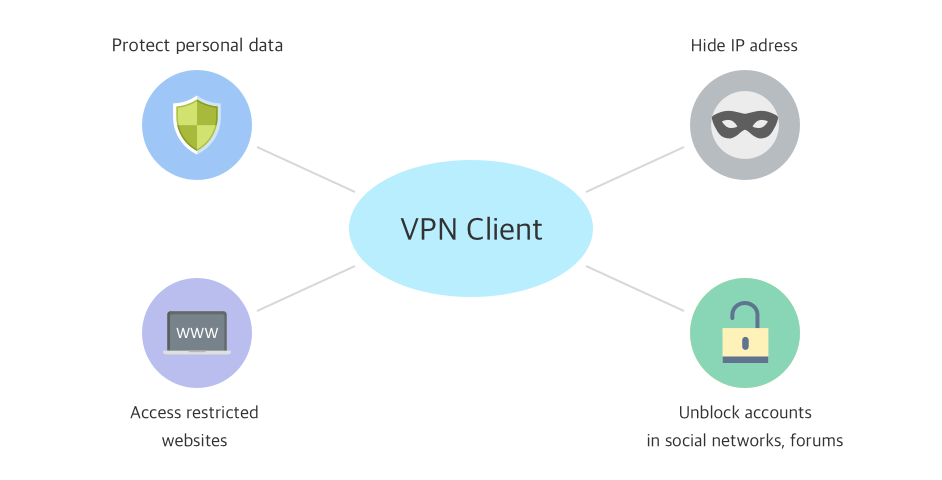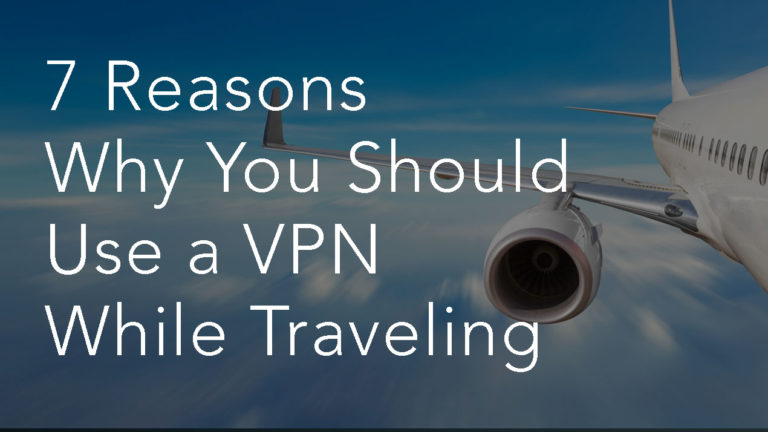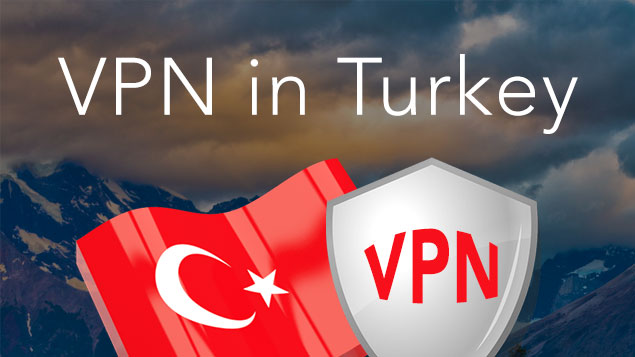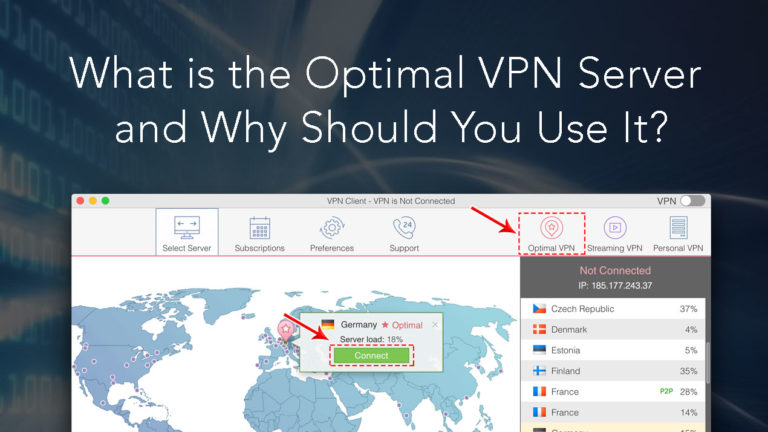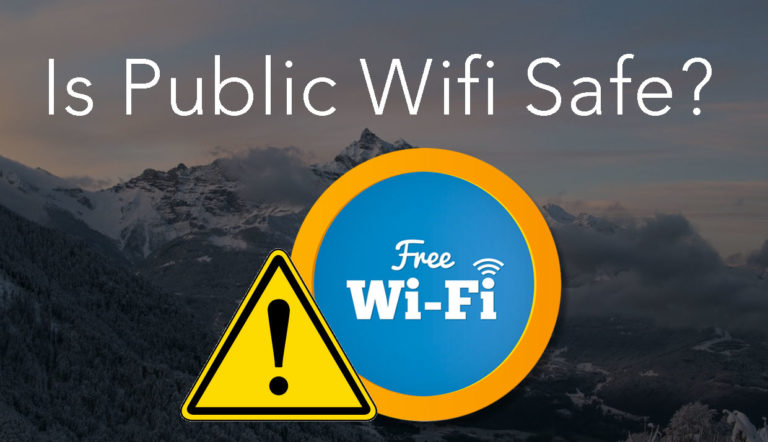Most Internet users have been wondering for some time what they are revealing to their Internet Service Provider (ISP) and how to avoid leaking it. So we decided to offer a clear answer.
Contents:
- What is ISP?
- ISP security: what user information it collects.
- How to hide your private data from ISP?
- What VPN service to trust?
![]()
1. What is ISP?
An Internet service provider (ISP) is a company that provides Internet service and related ISP services, such as virtual hosting or Internet TV subscriptions. In short, your ISP provider makes the Internet possible for you.
The ISP creates a link between your computer and the Internet. Every action from your device on the Internet first goes to the ISP address then it is sent to the final server destination. Thus, all devices run each request to the Internet through their ISP.
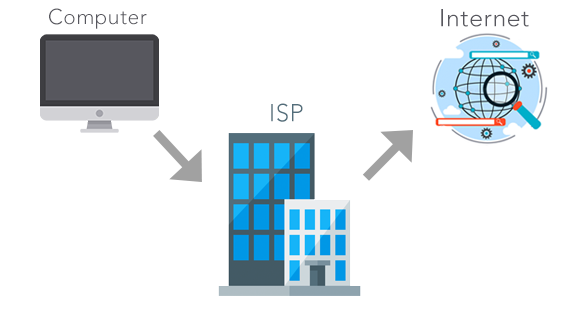
Here are some ISP examples of names: Verizon, NetZero, AT&T, and so on.
Please note, ISP may sometimes be used as an abbreviation for Independent Service Provider.
![]()
2. ISP security
All your online activity is stored, then filtered and sorted, by Internet service providers and by analytics systems, such as Google Analytics, Flurry Analytics and so on. ISPs have portraits of each of the millions of users of the network: gender, age, interests, fears, favorite music and films, political predilections, how much money he earns, what kind of chocolate he prefers. This portrait includes all the data that we at least once left in the network, and is dynamically updated.
What happens when you visit the site? The ISP sees the URL that you opened and analyzes the contents of the packages you receive. Then it can obtain a search history, analyze the history of requests, and even read the correspondence and logins with passwords from this contents of the packages. Of course, this is possible if the site uses an unencrypted HTTP connection for authorization. Fortunately, this does not happen often. If the site works with HTTPS, then the provider sees only the IP address of the server and the domain name, as well as the connection time to it and the amount of traffic. The rest of the data is encrypted and cannot be decrypted without a private key.
Thus, today the problem of online confidentiality becomes more important. All Internet providers keep records of their users and collect the history of visited websites. Previously, such behavior could be called shadowing, but today, because of the government policy, it is attributed to prevention, monitoring, or operative-search purposes.
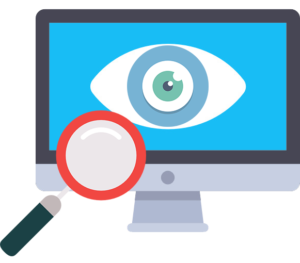
![]()
3. How to hide your private data from ISP?
If online privacy is important for you, use a VPN connection.
What is a VPN?
A VPN (Virtual Private Network) is an encrypted “VPN tunnel” which allows the user to keep his data and privacy safe and secured. A VPN connection allows you to interact with the Internet using an external VPN server in another location. A VPN app masks your IP address, replacing it with a new one and thereby increasing the level of your anonymity on the Internet. When your device connects to VPN tunnel, your traffic becomes completely hidden from outsiders: your ISP does not know what sites you visit, and the administration of these sites sees only the address of the VPN server.
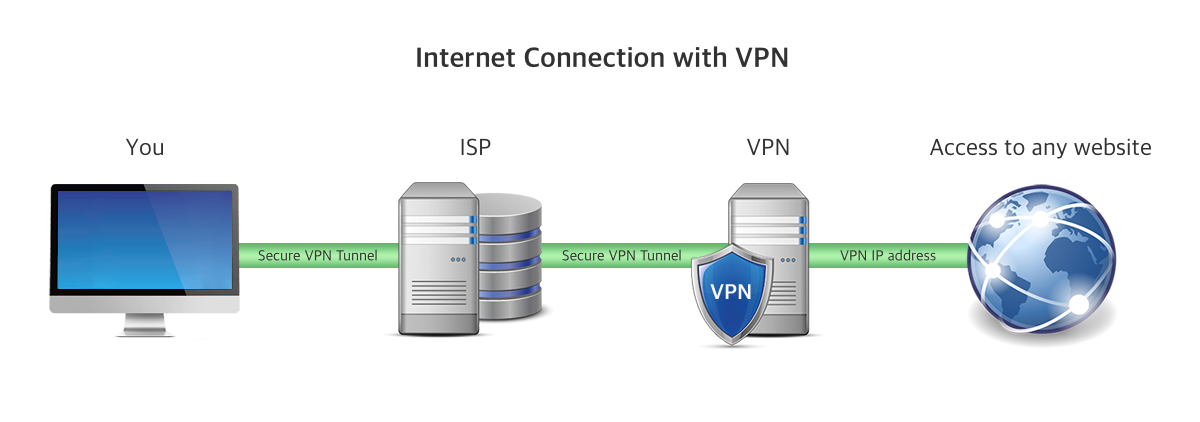
How to use a VPN?
Each time you use the Internet, surf online or send some correspondence, first connect to a VPN server in order to hide your IP and online activity history. Most VPN software tools allow you to connect to VPN with one click.
![]()
What VPN service should you trust?
There are so many VPN providers on the Internet that it seems to be difficult to choose a reliable one. You can read our previous article, how to choose the best VPN service or follow these short notes about what to consider when choosing a VPN:
- Confidentiality. We recommend that you look for VPN providers with no logs policy. You will have to spend some time carefully reading of the Privacy Policy of each VPN company.
- Price. There are many VPN free and paid services, but if you need a reliable one, you would be better of to choose a paid subscription plan. Just choose a plan that suits your budget.
- VPN Speed. It is common that a VPN will make your Internet connection a bit slower. So it’s better first to download a trial version and check the VPN connection speed.
- Server Locations. Besides online security, one of the reasons why you may be looking for a suitable VPN service is to unblock geo-targeted websites. Therefore, when choosing a provider, pay attention to the number of VPN servers and the countries where they are located.
If your choice of VPN is a priority for your online security, we would personally recommend VPN Client for Mac. VPN Client offers five flexible payment plans to meet all budgets. Also, it provides VPN servers in 60+ countries around the world.
Why choose VPN Client
- Ultra-fast VPN servers in 40+ countries
- Free 7-day trial with unlimited bandwidth
- No logs policy
- 24/7 support
- User-friendly and intuitive interface
- 5 simultaneous connections
- Strong encryption
- Access to Streaming Servers
- Personal VPN server on demand
